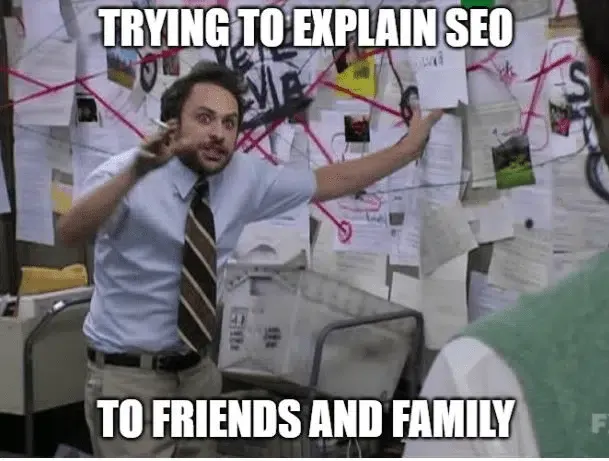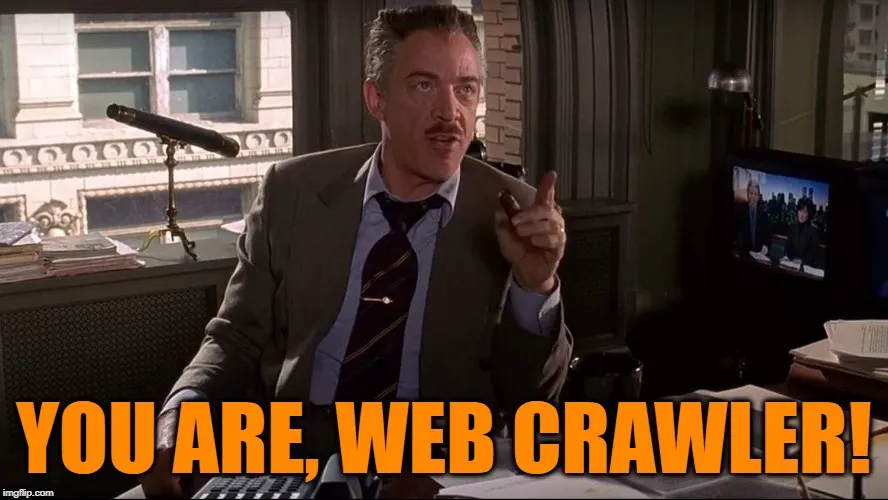Simple Steps to Boost Your Website’s SEO Ranking

by Hsuan Huang
My personal understanding of the noindex, follow meta tag for crawlers.
This article is a short personal reflection on basic SEO concepts. It covers the writer’s understanding of meta tags such as index, noindex, and follow, and how they affect search engine behavior. It's intended for beginners or those just starting to explore SEO, while SEO experts may find it too elementary and can skip it.
A while ago at work, a colleague had a ticket about improving SEO. Although the scope and difficulty weren’t big, it piqued my curiosity. The main content was roughly :
On all /en-XX/ pages (eg., /en-AU/, /en-US/, /en-HK/, etc.), add: <meta name="robots" content="noindex, follow">
On all /ar-XX/ pages (e.g., /ar-SA/, /ar-AE/, etc.), add: <meta name="robots" content="noindex, follow">
To be honest, although I’m not the one handling it, I imagine it mainly involves determining which meta tags to add based on locales. The key point is understanding that these tags are specifically for search engine crawlers. Especially for e-commerce sites, SEO is a top priority.
I took a look, and I have three questions :
- What exactly are
indexandnoindex? - What does
followmean? - Why do we want to allow
enpages to be indexed, but not theen-XXpages by search engines?
By the way: en stands for the language (English pages), and -XX could be something like en-AU, which represents the Australia region—so it’s an English page paired with the Australian dollar currency.
The first two questions are easy to understand :
- noindex: Tells crawlers not to include this page in the search engine index (meaning it won’t appear in Google search results).
- follow: Even if this page is not indexed, it allows crawlers to continue crawling the links on this page and pass SEO value (link equity) to other pages.
The main question is the third one: indexing? link equity? I was curious too and did some research on why having meta tags on both language-only (en) and language-region (en-US) pages affects crawlers and, consequently, SEO rankings. Below is how I understand it:
- Duplicate Content Penalty
Search engines may suspect you’re publishing duplicate content, which can lower the authority (ranking power) of both pages and negatively impact their rankings.
- Link Equity Split
External links, clicks, and user interactions may be spread across multiple similar pages, preventing any single version from accumulating enough authority to rank well.
- Search results become messy/confusing
Google may be unsure which version to display, causing your main /en/ page to not consistently appear in search results.
That’s why we…
- Prevent the regional versions (e.g., en-US) from being indexed by using the meta tag
noindex. - Allow crawlers to still follow the links and pass link equity to the canonical page (my understanding: although the regional versions aren’t indexed, search engines will still crawl the links on these pages).
- Consolidate SEO authority to the main URL (e.g., /products/).
Simply put: Although regional versions like the en-US pages are not indexed by Google, they still help redirect traffic and pass link equity to the main pages we want to rank.

Plain and simple summary : Not indexed = don’t include this webpage in search results, but it can still be crawled and visited.
- Users won’t find this page when searching on Google.
- Search engines won’t create an index for it.
- It won’t compete with other pages in rankings.
- This is used when you don’t want specific pages to appear in search results but still want to keep their functionality or link to other important pages.
The points above can really affect SEO rankings — this is actually the first time I learned this. If you’re also dealing with multilingual sites combined with regional versions, it’s worth considering how link equity influences crawlers and SEO!
References